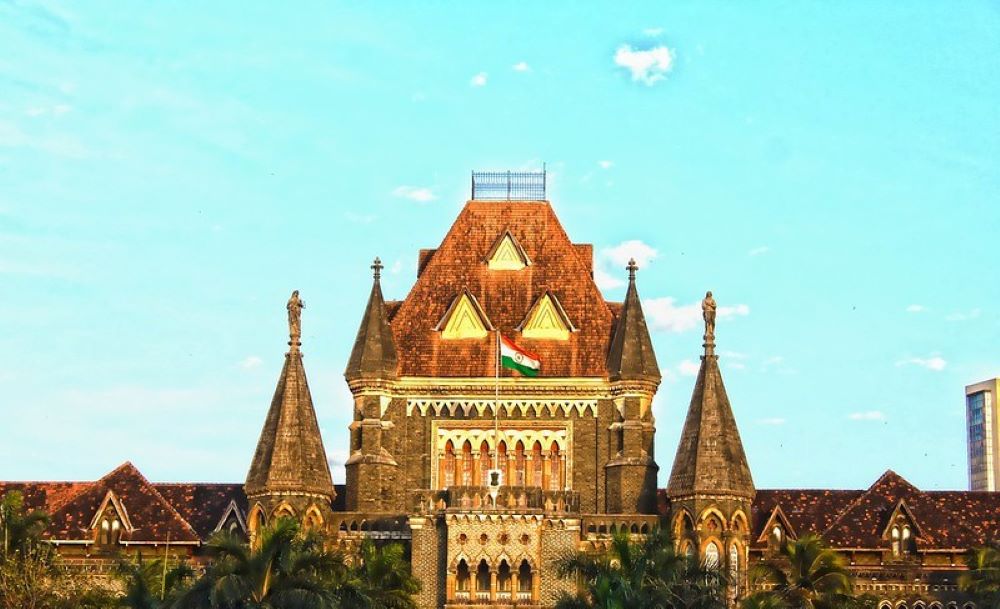Mahima
Bombay High Court recently acquitted a man convicted of allegedly abetting his wife’s suicide.
The bench of Justice Bharati Dangre overturned the Satara sessions court judgment and labelled findings of the lower court as flawed.
The Satara sessions court discarded the woman’s dying declaration as it opined that the woman had suffered 100% burns and was not in a condition to record her statement.
The single-Judge bench held that a person’s physical condition, in this case degree and percentage of burns, cannot be a decisive factor is determining the credibility of the said person’s dying declaration.
Owner of oil business, Dhavalkumar Dombe and a medical practitioner, Aruna got married in 1992 which was opposed by Aruna’s family.
After a few months of the marriage, Aruna succumbed to fatal burns. Her brother lodged a complaint against his brother-in-law, alleging that her sister committed suicide as she was ill-treated by her husband for dowry.
The lower court passed a five-year prison sentence for Dombe based on the charge sheet.
Dombe moved Bombay High Court challenging the decision of lower court and stated that his wife’s death was an accidental death and that he too got injured while trying to extinguish the fire.
Dombe further contended that merely the alleged commission of suicide was within 7 years of marriage, it should not lead to presumption under Section 113-A (presumption as to abetment of suicide by a married woman) of the Indian Evidence Act.
Justice Dangre observed that the husband relied on dying declaration to prove his innocence unlike most dowry cases where husband usually attacks the dying declaration, making the burden of the accused lighter where he is only supposed to prove a reasonable probability.
The Court noted that the prosecution completely discarded the dying declaration and neither brought it on record nor examined the Magistrate who had recorded the said dying declaration.
The Court also observed that the absence of doctor’s certificate shouldn’t be a hurdle when the Executive Magistrate himself deposed that the patient was conscious while the said dying declaration was recorded.
Justice Dangre exclaimed, “A judge does not sit on trial to see that no guilty escape from the clutches of law, but he must also see no innocent is punished”.

